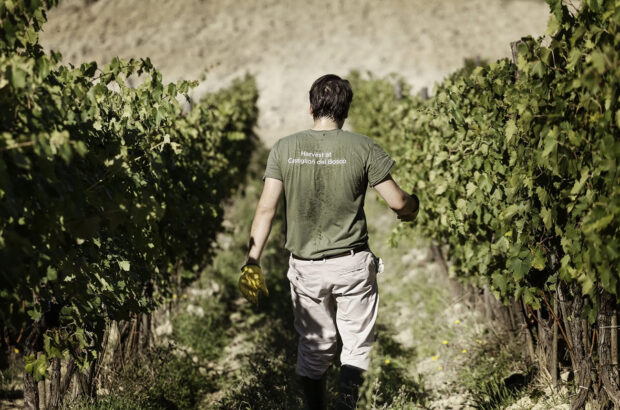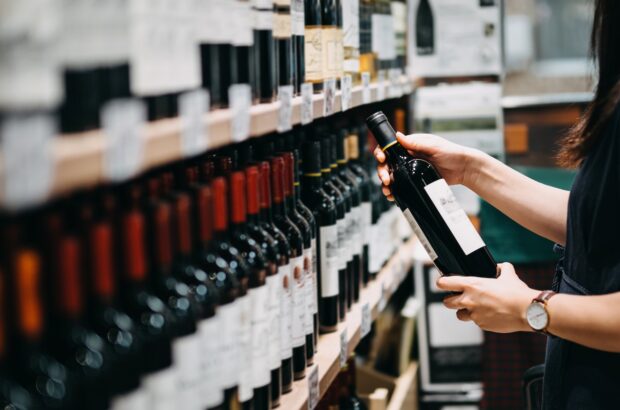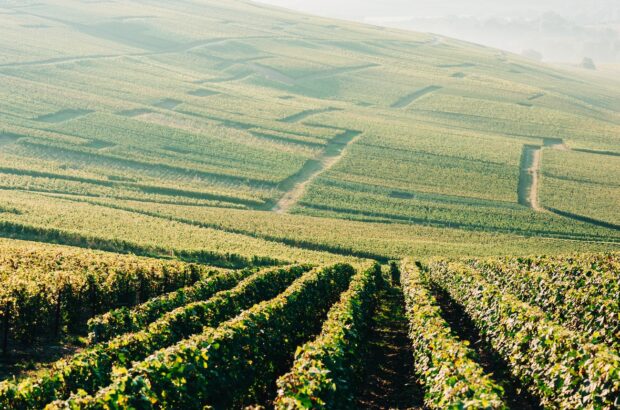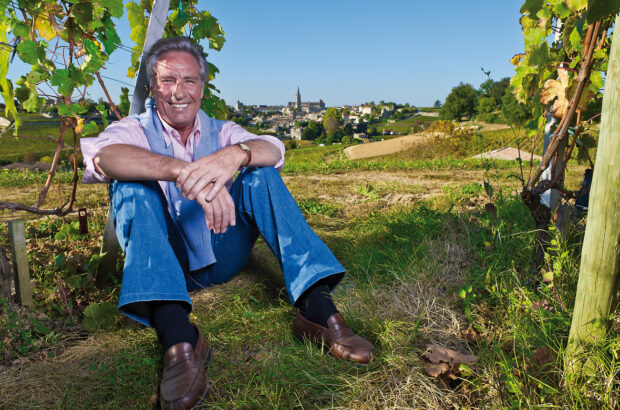A significant amount of New World wine is now bottled at its destination, a trend that supermarkets have helped to drive in the UK. But what effect, if any, does this have on the wine? Barry Dick MW tells Decanter a bit more about the process.
Ask Decanter: New World wines bottled in Europe? Does it have an impact on the wine?
John Lavis, from Bishop Auckland, asks: I’ve noticed a number of southern hemisphere wines – usually at the budget end of the market – bottled in Europe.
Is it shipped in tankers as ready-made wine – and if so, what effect does this have on the wine? An example is Marks & Spencer’s Craft3 Marlborough Sauvignon Blanc which is ‘imported and bottled by Paul Sapin, La Chapelle de Guinchay, France’. Is this a hi-tech industrial business or someone’s garage?
The back label is also rather vague about the process of ‘creating exceptional Kiwi Sauvignon Blancs’. At what point can it not be labelled Marlborough, New Zealand?
Barry Dick MW, for Decanter, replies:
Today many wines from the New World are shipped in 24,000-litre Flexitank containers and bottled in their destination market.
‘There is little evidence to support an increase or decrease in quality between wines bottled at origin or destination.’
A Flexitank is like a giant bag-in-box held inside a standard freight container. On arrival in markets like the UK or Europe, the wine is bottled in purpose-built bottling sites. This practice has increased exponentially over the past 10 years, mainly for reasons of cost and environmental savings.
The impact on the wine of using this method is the interruption of the traditional winemaking process which would bottle the wine as close as possible to its origin.
There is little evidence to support an increase or decrease in quality between wines bottled at origin or destination. The handling of the wine is certainly greater, however, and more filtration occurs. By contrast, bulk shipment provides potential quality savings, as 24,000 litres of wine is transported under excellent thermal stability. On long journeys and routes over the equator, this is a serious benefit.
Sapin is a reputable business and I can attest to a highly proficient, modern bottling site.
Marlborough is one of the global regions which permits its producers to take advantage of the cost and environmental benefits of bulk shipping and packing in foreign markets while keeping the wine’s origin as Marlborough. Many other appellations, particularly in the Old World, do not permit this practice.
Barry Dick MW is a wine consultant with experience in bulk shipment and bottling in market of sale.
-
Read more notes and queries every month in Decanter magazine. Subscribe to the latest issue here
-
Got a question for Decanter’s experts? Email us: editor@decanter.com







